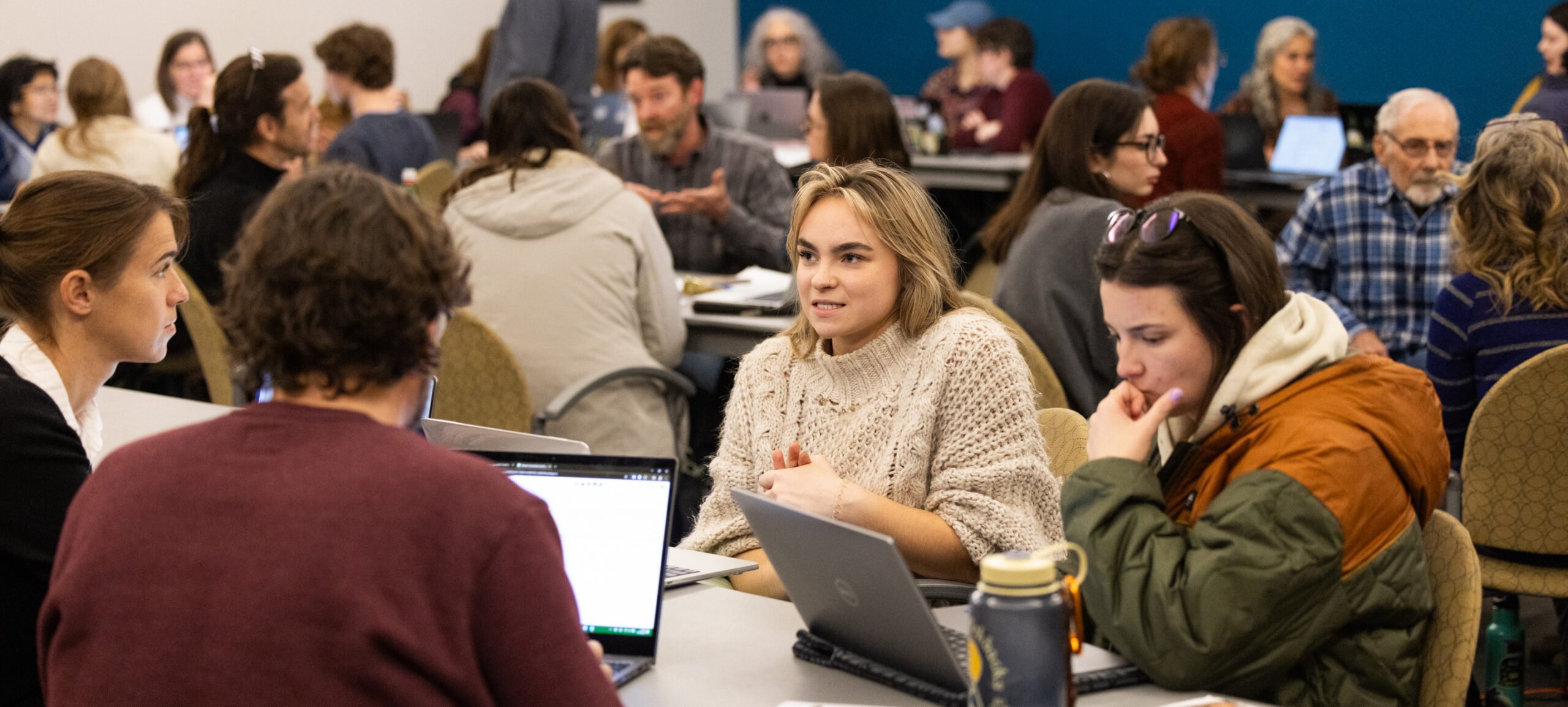Goals and Initiatives

Pathways to Resilience Goals and Initiatives
Through the Pathways to Resilience QEP, we are working with partners across campus to develop and implement a climate literacy curriculum that prepares every graduate to participate in positive climate actions in their professions and communities. We aspire to educate a generation of thinkers and doers who can help address climate disruptions in ways that are evidence-based and inclusive of diverse perspectives and communities. Our overarching goals related to student learning include:
Basic climate literacy instruction: Support the development of introductory, solutions-oriented climate change curriculum content for General Education.
Climate in the Disciplines instruction: Support the development of upper-level, career-oriented climate courses in as many academic programs as possible.
Climate Studies Minor: Develop a new minor in Climate Studies that allows students to explore climate change and its solutions from a variety of disciplines and is accessible to students across all majors.
Research opportunities: Support student learning opportunities connected with faculty research and creative activities related to climate change.
Engagement opportunities: Support student learning opportunities connected with climate engagement through co-curricular programming.
QEP Student Learning Outcomes (SLOs)
Pathways to Resilience focuses on the following SLOs, which are drawn from App State’s General Education Program:
- Global Self-Awareness: Students will evaluate the effect of human agency on social, cultural, and natural environments.
- Systemic Drivers of Global Change: Students will evaluate systemic factors that produce local and global disparities and environmental problems in order to advocate for appropriate responses.
- Consequences of Global Change: Students will evaluate the effects of global change on local environments.
- Response-Ability: Students will evaluate the effects of social, economic, and environmental problems on communities and cultivate a capacity to actively respond to these challenges.
